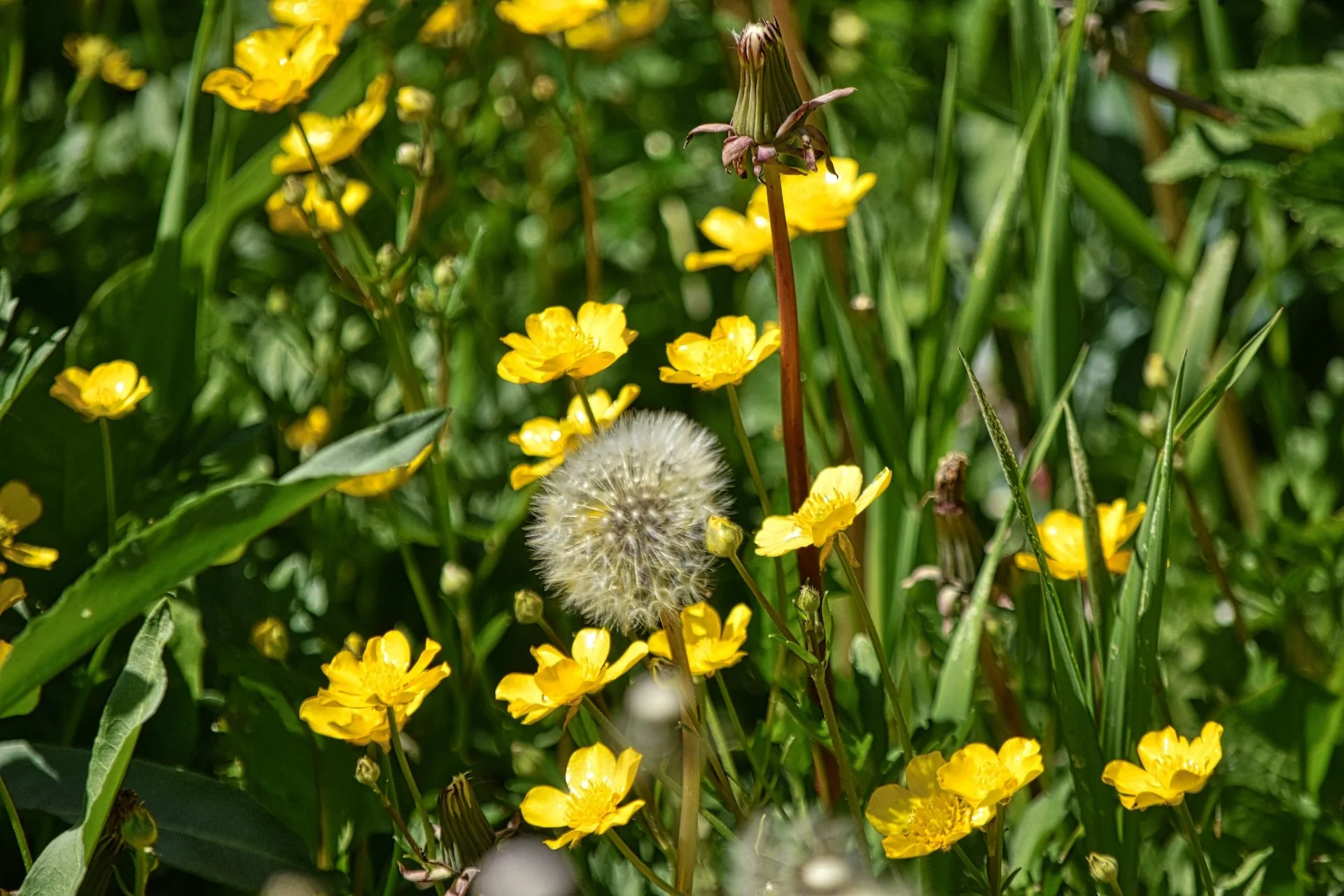It often seems like there’s no way to escape springtime allergies. From sneezing the moment you leave your house to dealing with itchy eyes, it can be hard to manage your symptoms. According to the Centers for Disease Control and Prevention, allergies affect as many as 60 million people in the United States.
Allergies occur when a person’s immune system deems certain proteins, called allergens, like germs, or foreign bodies. Common causes of springtime allergies include pollen, trees, grasses, and weeds. Higher pollen concentrations and longer pollen seasons can also make you more sensitive to allergens and trigger symptoms like asthma.
Here are a few tips to deal with springtime allergies:
Drink More Fluids
Rinse Your Sinuses
Wash Up
Keep Indoor Air Clean
Take Over-The-Counter Medication
Drink More Fluids Water plays an important role when it comes to keeping you healthy, including when you’re dealing with allergies. Since dehydration can impact your body’s histamine response, drinking enough water can lessen your reaction to allergies. Drinks like orange juice, green tea, and peppermint tea can help with congestion and clear your airways.You should also take your diet into consideration. Fruit rich in vitamin C, anti-inflammatories, and fish high in omega-3s have all shown to be beneficial. Certain triggers like dairy, gluten, sugar, artificial sweeteners, and preservatives can lead to increased inflammation in your nasal and respiratory pathways and worsen symptoms.
Rinse Your Sinuses
Rinsing your sinuses with saline solution is an effective way to relieve nasal congestion at home as it allows you to rinse mucus and pollen from your nose. While you can create your own saline solution, it’s recommended that you purchase a premade solution to ensure that you’re using the correct amount. It’s also crucial to use sterile water as it’ll prevent the chance of developing a bacterial infection due to unclean water.
You can flush your sinuses by standing with your head over a sink or in the shower and tilting your head to one side. Then, use a squeeze bottle, bulb syringe, or neti pot, pour or squeeze the saline solution slowly into the upper nostril, and repeat. Be careful not to let the water go down the back of your throat and gently blow your nose once you’re finished to clear any mucus.
Wash Up
Throughout the day, pollen and other allergens can collect on your hand and face. Especially during allergy attacks, when blowing your nose, or after spending time outside. Regularly washing your hands and face lessens the chance of allergens entering your sinuses and creating constant irritation.
Keep Indoor Air Clean
While you may be inclined to keep the windows open on a nice spring day, it also allows pollen and other allergens to enter your car or home. The American College of Allergy, Asthma, and Immunology recommends using an air-cleaning unit with a HEPA (high-efficiency particulate air) filter. You’ll also need to make sure its CADR (clean air delivery rate) is right for the size of the room. Regularly vacuuming your floors and washing your sheets will also help remove any allergens that may have entered.
Take Over-The-Counter Medication
There is a variety of nonprescription medications that can help alleviate any symptoms you may have. One of the most common medications is antihistamines such as Benadryl® which helps with basic symptoms like itchiness, runny nose, and sneezing. If you’re experiencing nasal congestion, postnasal drip, or sinus pressure, you can try a nasal spray. However, keep in mind that you’ll have to take them every day in order to work.
Another way is by taking a decongestant such as Sudafed®. However, they are not recommended for people with hypertension or heart problems. Lastly, you can try allergy shots to lessen your sensitivity to allergens such as pollen. These are regular shots that generally occur over a period of three to five years.
Alleviate Your Allergies With OAT Allergy Clinic
At Otolaryngology Associates Tennessee, our team of highly specialized allergists can successfully identify and treat your seasonal and airborne allergies. Once we’ve identified the offending allergens, we’ll design a custom program of treatment that may include OTC medications and lifestyle adjustments, prescription medications, environmental controls, or immunotherapy allergy treatments.
We offer a wide range of allergy testing and related services including:
Skin testing
Patch testing
Food allergy testing
Control therapy
Airborne allergy testing and treatment
Allergy immunotherapy (drops & shots)
Indoor and outdoor allergy testing and treatment
Mold allergy testing and treatment
Pediatric allergy testing and treatment
Seasonal and perennial allergy treatment
Penicillin Allergy Testing


